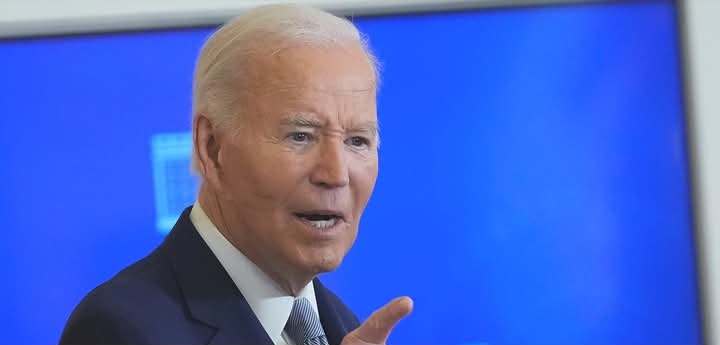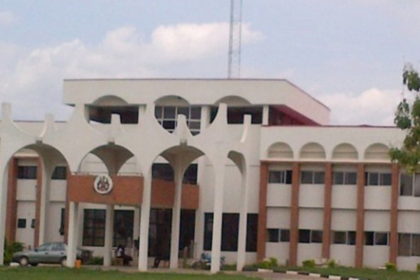President Joe Biden of the United States has commuted the sentences of roughly 1,500 individuals and pardoned 39 Americans convicted of nonviolent crimes, marking the largest single-day act of clemency in modern U.S. history. The announcement, made on Thursday, underscores the administration’s efforts to reform the criminal justice system and address issues exacerbated by the COVID-19 pandemic.
The 1,500 commutations affect individuals who had been released from federal prisons and placed on home confinement during the height of the pandemic. These individuals, many of whom were serving time for nonviolent offenses, have been under supervised release for at least one year. The move acknowledges the extraordinary circumstances that led to their early release, as prisons became a major epicenter for the virus’s spread.
“During the pandemic, we took steps to protect public health and reduce the risks to those who were incarcerated,” President Biden said in a statement. “These individuals have shown they can safely reintegrate into their communities. Today’s action reflects our commitment to second chances and a more just criminal justice system.”
At the height of the pandemic, federal prisons were disproportionately impacted by COVID-19, with overcrowded facilities facilitating the virus’s rapid spread. A report by The Associated Press revealed that at one point, 1 in 5 prisoners had contracted the virus, highlighting the urgent need to release inmates to safeguard their health and limit transmission.
The 39 pardons granted by President Biden are aimed at individuals convicted of nonviolent crimes, such as drug offenses and minor financial violations, many dating back decades. The pardons are designed to remove barriers that often prevent formerly incarcerated individuals from accessing employment, housing, and educational opportunities.
This sweeping clemency action surpasses the previous single-day record set by President Barack Obama, who commuted 330 sentences shortly before leaving office in 2017. Biden’s announcement signals a continuation of his administration’s efforts to prioritize criminal justice reform while balancing public safety.
Advocacy groups praised the decision, describing it as a significant step toward addressing systemic issues in the U.S. justice system. “This is a monumental moment for criminal justice reform,” said Cynthia Johnson, director of the National Clemency Initiative. “It not only reflects compassion but also recognizes the potential of people who have paid their debt to society and are striving to rebuild their lives.”
The move also comes as the Biden administration faces pressure from reform advocates and progressives to address mass incarceration and the disproportionate impact of the justice system on minority communities. Experts note that many of the commutations reflect cases where sentences were considered excessive under today’s legal standards.
President Biden stated that this action is only the beginning, promising additional reviews of clemency petitions in the coming weeks. “Our work is not done,” he said. “We will continue to examine cases and ensure that justice, fairness, and mercy guide our decisions.”
For the families and individuals affected, the president’s announcement brings long-awaited relief and renewed hope. “This is a blessing,” said Michael Harris, who received clemency after serving time for a nonviolent drug offense. “Now I can truly move forward and contribute to my community.”
As the largest clemency act in modern U.S. history, Biden’s decision signals a defining moment in his presidency’s approach to criminal justice and second chances, offering thousands the opportunity to rebuild their futures.




